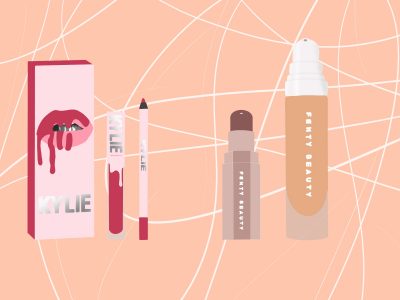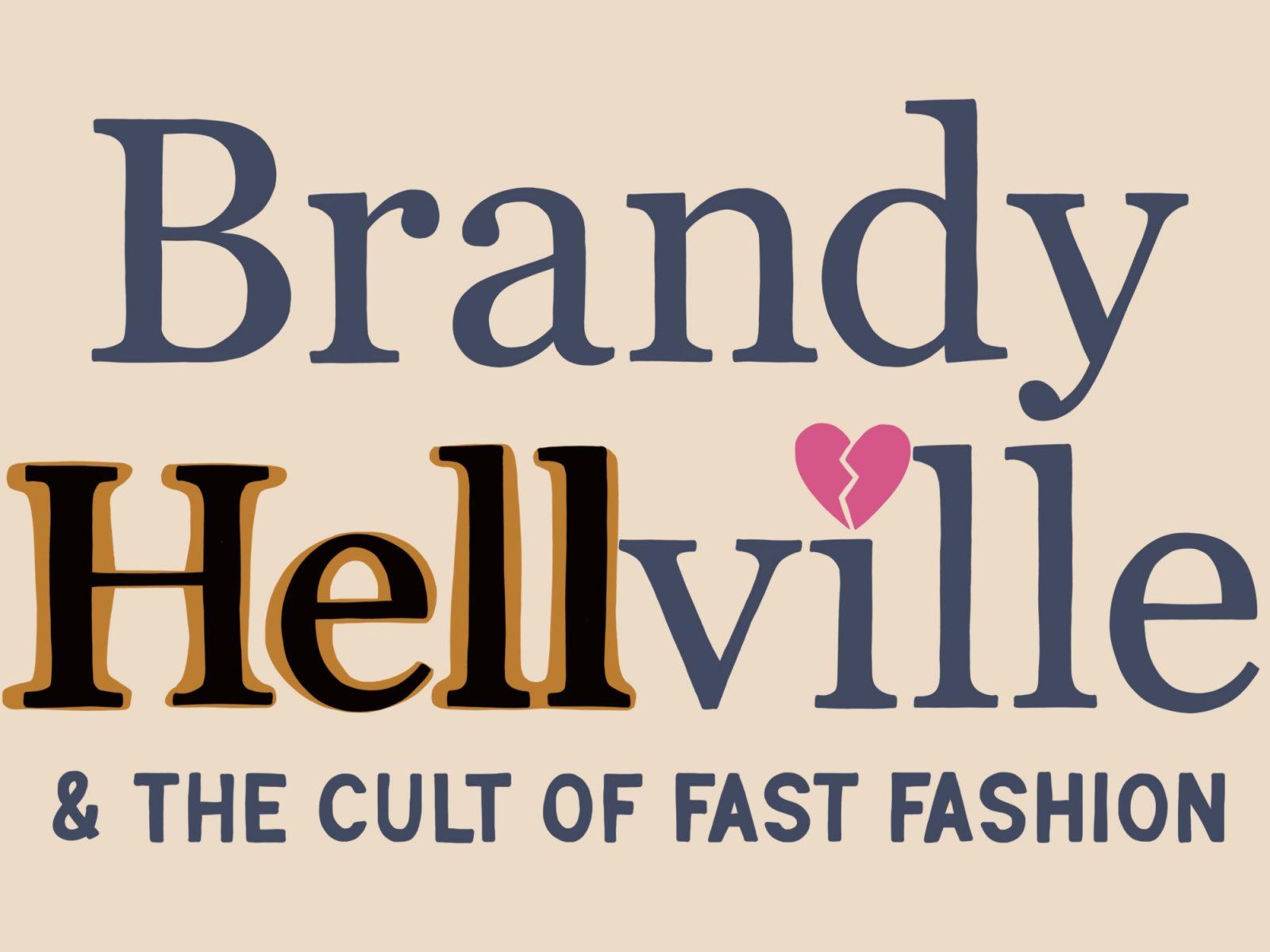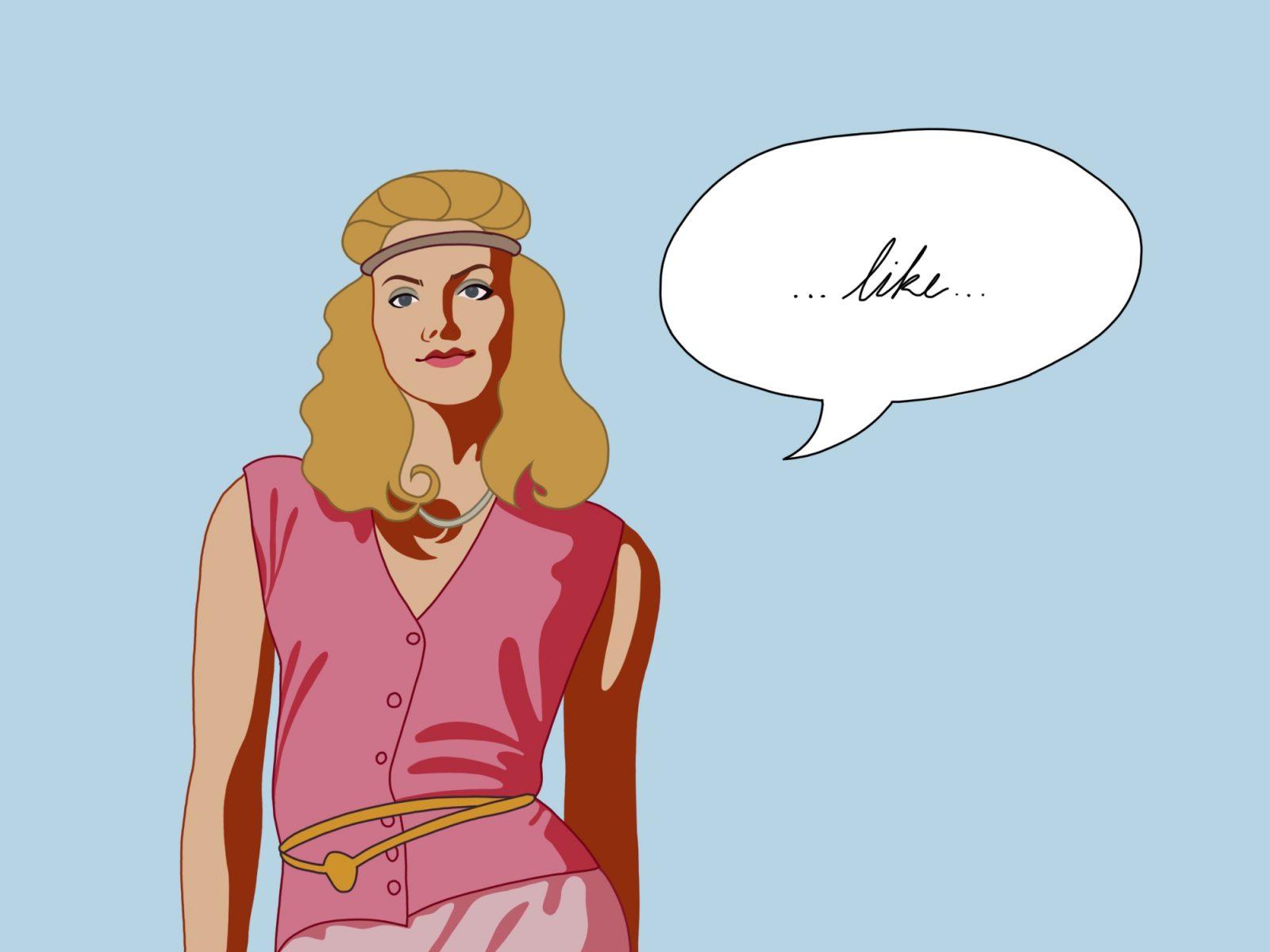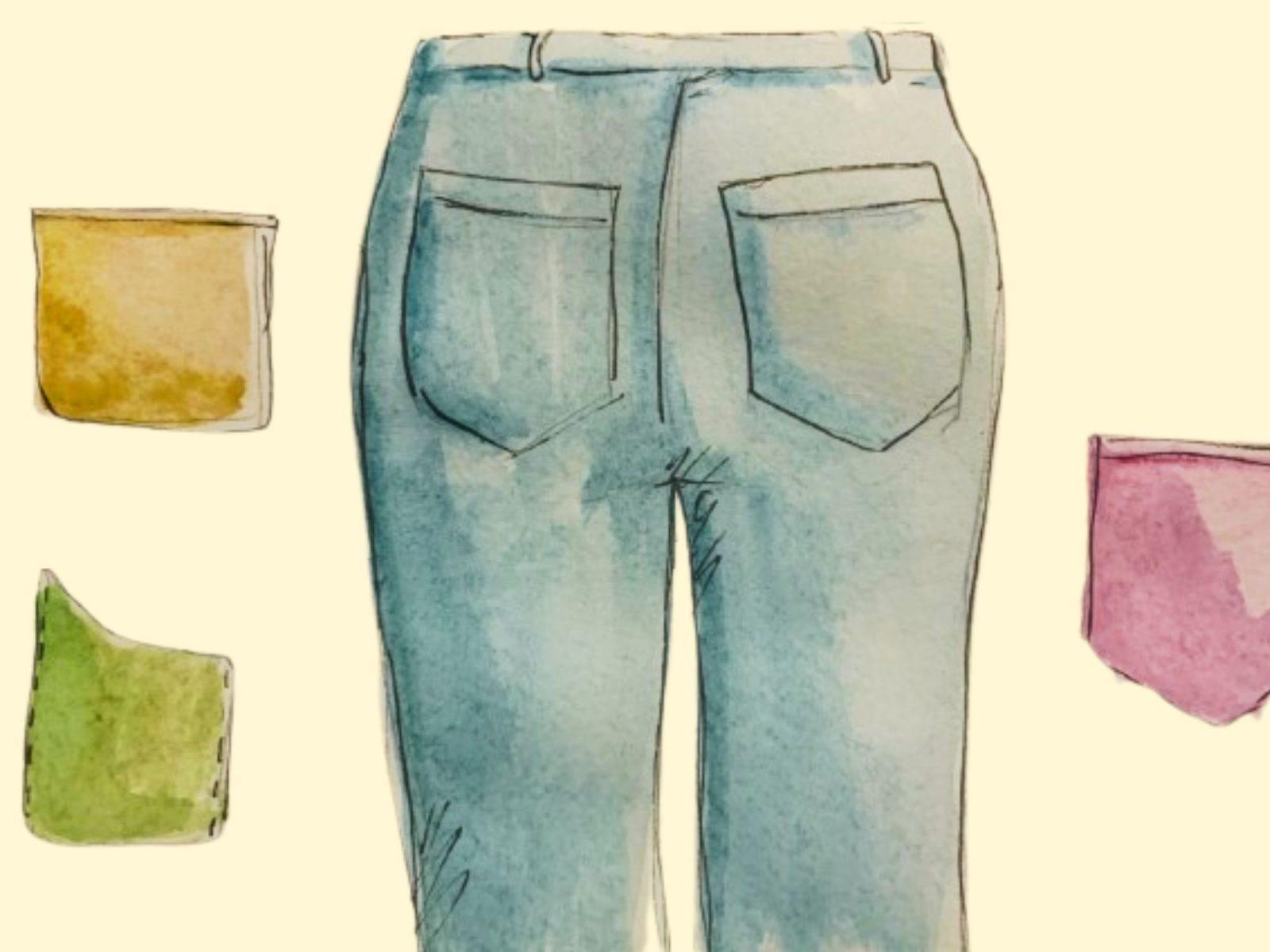When I walked into Sephora the other day, I was aiming to leave with a new palette, but all I had with me upon leaving was bitter disdain for the ridiculously oversaturated market of celebrity beauty brands.

I’m begging these celebrities to stop. Selfishly, I can’t stand to see another pitifully hollow attempt to replicate Rihanna’s Fenty empire, but I swear my urging is also coming from a place of goodwill.
Beauty brands are merely an elite iteration of get-rich(er)-quick schemes inflated with glitter, hyaluronic acid and multimillion-dollar investments.
What I’m getting at is that these brands are a trend, and what ultimately defines a trend is its vulnerability to time. And its demise is already here.
To fully understand this trend, it’s prudent to demonstrate an analogous case: that of the early 2000s celebrity perfume industry.
Celebrities realized scents offered access to their lives, an opportunity to profit off of their fans’ parasocial interest and desire for acknowledgment. Britney Spears, Justin Bieber, J-Lo, you name it — they all touted perfumes, giving a morsel (or rather, a sniff) of themselves to their fans in exchange for a hefty penny.
But then came the rise of social media, and suddenly access to celebrities became more democratized.
Kylie Jenner’s lip kits proved that social media changed the landscape for traditional celebrity endorsements and marketing campaigns. The popularity of Kylie Cosmetics highlighted that public interest and a veneer of authenticity could bring about millions of dollars a day, without the red tape of traditional beauty conglomerates.
Rihanna’s Fenty Beauty, however, clearly dominates the market and acts as a model for up-and-coming brands. Part of this is due to her setting a certain standard of inclusivity in her brand and the shades it offered.
But even though these are two pillars of the industry, the former is already dying out. Kylie’s been met with an onslaught of criticism that there is nothing new, authentic or inspiring about her cosmetic line now — which has partially been cheapened by her expansion into skincare and baby care.
Beauty brands are now offered by Gwyneth Paltrow, Lady Gaga, Selena Gomez, Rosie Huntington-Whiteley, Jessica Alba, Gwen Stefani, Ariana Grande, Hailey Bieber, Halsey, Millie Bobby Brown, Addison Rae, Hayley Williams, Pharrell Williams, Victoria Beckham, Kim Kardashian, Miranda Kerr … actually, let me stop there to save us all the headache. What I’m getting at is that with everyone jumping on the bandwagon, authenticity is now the biggest selling point.
Pamela Rutledge, a psychologist studying media issues, argues, “Authenticity in marketing is really key, because it’s a precursor of trust. And trust is what gets people to buy into the story and it’s the only thing that influences our purchase behaviors.”
At this point, the genuine seed funding for these celebrity start-ups lies in the currency of authenticity. But this currency is limited, a finite resource that’s soon to run out.
The problem is that authenticity is invariably cheapened with each new player that steps into the ring. As consumers, we can’t be expected to really believe that Brad Pitt is that passionate about skincare — he just wants an extra passive income stream.
Of course, certain brands may remain viable because of the genuine quality of their products. But from small indie beauty brands penning letters begging celebrities for investments rather than market competition to growing public exasperation with false authenticity, I can say with confidence the trend has fallen.
It’s not a matter of expanding the beauty arena to let more in, it’s a question of survival for those already inside.





























































































































